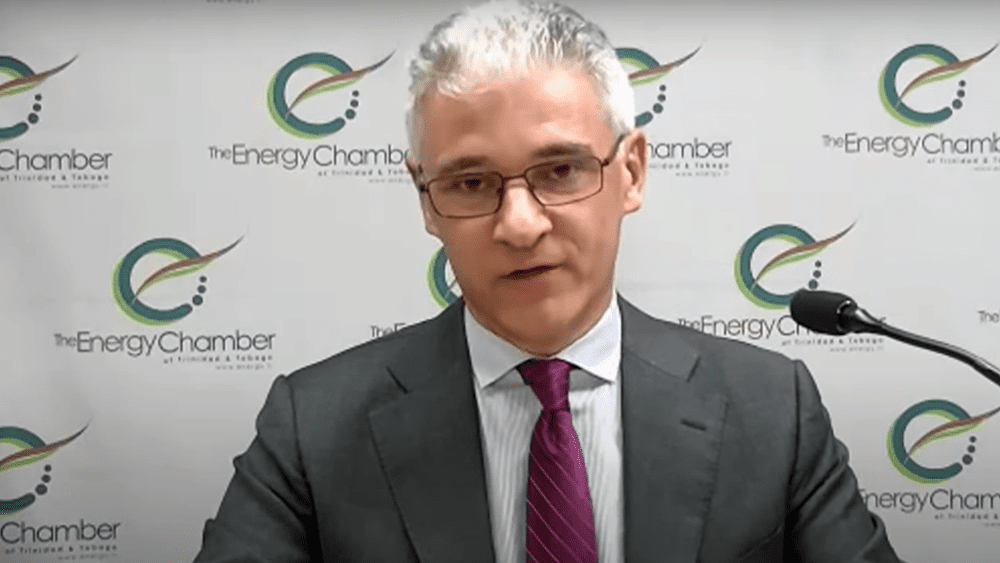The Trinidadian government had expressed openness to revising Production Sharing Contracts (PSC) to stimulate new investment in the twin-island Republic. The Energy Chamber of Trinidad and Tobago had called for this to be done.
Upping its plea to the administration, the Energy Chamber urged that it avoid “any further delay” in reforming the country’s upstream fiscal terms. It said the government promised a review in the first quarter of 2022, but to date, nothing has been done.
And Trinidad’s window is quickly closing, it said. As the push for net zero by 2050 rallies on, investment in oil and gas dwindles. Other nations continue to plug millions into upstream investments even with high oil prices globally – making strategic decisions not just on current pricing but also on long-term projected prices.
No gas production ramp up in T&T anytime soon, outlook grim – Ramnarine | OilNOW
“Companies want to make sure the investment makes sense at prices under US$50 per barrel as well as at prices over US$100 per barrel,” the Energy Chamber pointed out.
But with the structure of T&T’s upstream fiscal regime, the Energy Chamber outlined that it would be “extremely difficult” to be profitable after tax, once prices hit the US$50 range because of how the country calculates its royalties and supplemental petroleum tax (SPT). And these mainly affect potential investments in acreage under the Exploration & Production (E&P) licensing regime.
Trinidad Energy Chamber proposes sweeter tax incentives to attract investment | OilNOW
The Energy Chamber said the current high-price environment opens a significant opportunity to restructure the tax system and to reform how these top-line taxes operate. Supplemental petroleum tax (SPT) was originally introduced as a windfall tax to ensure that the government benefitted from the upside in times of high oil prices, it pointed out.
“Unfortunately, over the decades the US$50 per barrel price trigger point at which SPT becomes payable has remained the same while inflation has marched ever onwards. US$50 per barrel would now be considered a low price,” the Energy Chamber explained.
But if the T&T government were to return SPT to its original windfall focus, it would still be able to accrue significant revenues in the high oil price environment while also giving oil and gas companies assurance that they can still gain future profits even if prices fall. Alternately, the Energy Chamber said T&T’s gas royalty regime can be restructured to see companies paying more on larger and more profitable fields and less on smaller ones.
“This change would mean that exploration risk for gas production would be reduced and help spur on the much-needed investment in new gas production,” it said.
And with T&T’s ongoing onshore bid round, changes to its fiscal regime can bring much-needed interest, the Energy Chamber noted.
“The recent success of onshore exploration shows that there is still potential for new finds and new production in this mature acreage, but this will only be realised if companies bid for the acreage and allocated the needed capital investment,” it said. “Time is running out and the moment to act is now.”




